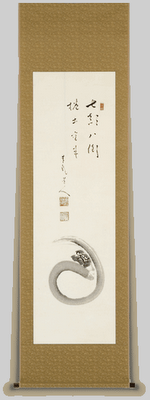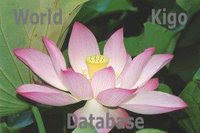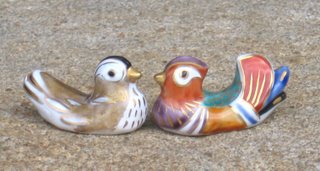© Shambhala Zen Art Gallery
Enso Daruma

Mamiya Eiju (1871-1945)
(signed) Blue Dragon Hermit
The inscription is the Japanese version of the English proverb, "What does not destroy you makes you stronger." Daruma dolls, very popular in Japan, spring right back up, no matter how many times they are knocked down. In our lives, we are often knocked down and suffer reverses, but the key to success is not to give up, to persevere. Mamiya was a very creative Zen artist, and brushed many kinds of Daruma. Is this one halfway up? Or halfway down? Nicely brushed, delightfully composed, this is a wonderful Zenga.
About the Artist
Mamiya Eiju (also pronounced Eishu) was trained in the traditional manner at Ryutaku-ji under Tengan, Tenryu-ji under Gasan, and Empuku-ji under Shaku Soen (from whom he received Dharma-transmission), but eventually became an activist, forward-looking Zen master as abbot of Hoko-ji.
Eiju lectured widely, wrote many books, and made radio broadcasts to promote Zen as a vital force in contemporary society. He loved to do calligraphy and paint and left many fine examples of Zen art on both traditional and modern themes. (He once brushed a Zen cross for a Japanese Christian.) Eiju was solidly built with a forceful personality but his brushwork is soft, gentle, and quiet. His Zen art has a pleasant, calming effect on the viewer.
© 2006 Shambhala Publications
www.Shambhala.com
:::::::::::::::::::::::::::::::::::::::::::::::::::::::::::::::::::::::::::::::::::::::::::::::::::::
Daruma Museum, Japan








No comments:
Post a Comment